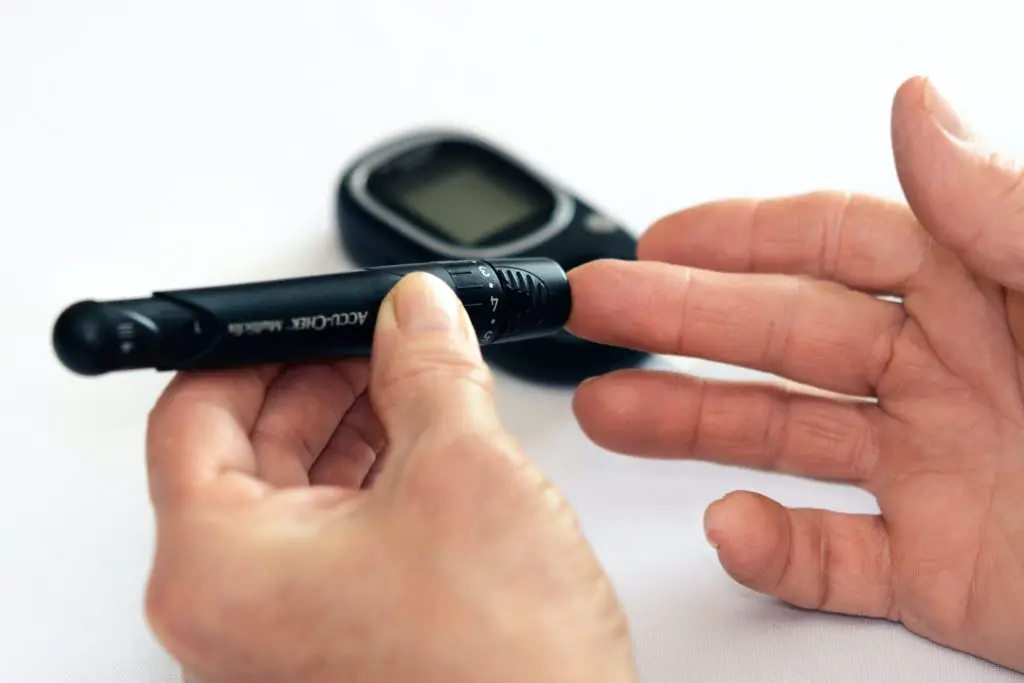What is Diabetes?
Diabetes is a disorder that results in excess of glucose (sugar) in your blood.
Why does it happen?
It happens because your body doesn’t make enough insulin or becomes resistant to it.
What is Insulin?
Insulin is a hormone produced by the pancreas. The pancreas is an organ present inside your abdomen.
What is the function of Insulin?
Insulin pushes glucose, which is present in the blood, inside cells of body tissues which then can be converted into energy. Your blood glucose level will rise if the pancreas doesn’t produce enough insulin or insulin fails to push glucose inside the cells and that’s how you get diabetes.
Why this is a matter of concern?
It is one of the leading causes of kidney failure, amputations of the foot, sudden blindness and heart diseases.
What is the Status of Diabetes in India & World?
The number of diabetic patients has increased dramatically over the past two decades, from an estimated 30 million people in 1985 to 463 million people in 2020. Out of these, 88 million diabetic people live in the Southeast Asia region while out of these 88 million people, 77 million belong to India An estimated 1.6 million people die each year due to diabetes. If the current trend will follow then the number of diabetic patients will increase to 642 million by the year 2040.
What are different types of diabetes?
There are many different types but mainly there are 3 types.
Type 1 diabetes – Also known as Juvenile Diabetes. In this type, pancreas make very little or no insulin at all.
Type 2 Diabetes – Pancreas makes insulin but insulin fails to push glucose inside the cells.
Gestational Diabetes – It is seen in pregnant females. They are not diabetic before pregnancy but become diabetic after they become pregnant.
What are the Risk Factors?
- Obesity
- lack of physical activity,
- poor diet especially those rich in refined carbs like sweets, rice etc
- stress
- urbanization
- Bad childhood experiences including abuse, neglect, and household difficulties
How to find if you have diabetes?
If you are feeling hungry and thirsty most of the time of the day or you are peeing more than you used to be or you wake up at night with a lot of sweat then there are chances that you have diabetes.
What to do if you suspect you have diabetes?
If you are having any of the symptoms which I have mentioned then you should consult a doctor immediately. Your doctor will ask you to get some tests done. It can be a urine test or blood test or both. He will check your blood and urine sugar levels because all that excess of blood sugar will start coming in your pee.
What if you are diagnosed with diabetes?
If you are diagnosed with it then your doctor and your dietician will help you to manage your blood sugar levels.
Treatment usually involves lifestyle modifications which include diet and physical activity along with lowering of blood sugar and the levels of other known risk factors. With a strict diet and exercise, you can control your diabetes. Type 2 diabetes can be reversed also if you start changing your lifestyle at the earliest.
What if your blood sugar level remains high even after changing lifestyle?
If your blood sugar level still remains high even after doing all these lifestyle changes then you may need oral medicines and insulin to control your blood sugar levels. You may need the following interventions by a doctor:
- People with type 1 diabetes require insulin, people with type 2 diabetes can be treated with oral medication, but may also require insulin;
- blood pressure control may be needed if you have high blood pressure.
- foot care (patient self-care by maintaining foot hygiene; wearing appropriate footwear; seeking professional care for ulcer management; and regular examination of feet by health professionals).
There is an option for surgery Bariatric Surgery which many people choose to control or even reverse their type 2 diabetes. But keep it as your last resort if all other methods fail to normalize your blood sugar level. New Surgical Options like
What if you don’t take actions to control your blood sugar levels?
Diabetes if not treated can cause :
- blindness known as Diabetic Retinopathy
- kidney disease known as Diabetic Nephropathy
- your nerves will get damaged causing Diabetic Neuropathy
These are the long term complications of untreated diabetes.
Short term complications includes :
- Diabetic Ketoacidosis
- Hyperosmolar Nonketotic Hyperglycemia
- Hypoglycemia (extremely low blood glucose levels)
- Coma
These are much worse and can even cause death.










